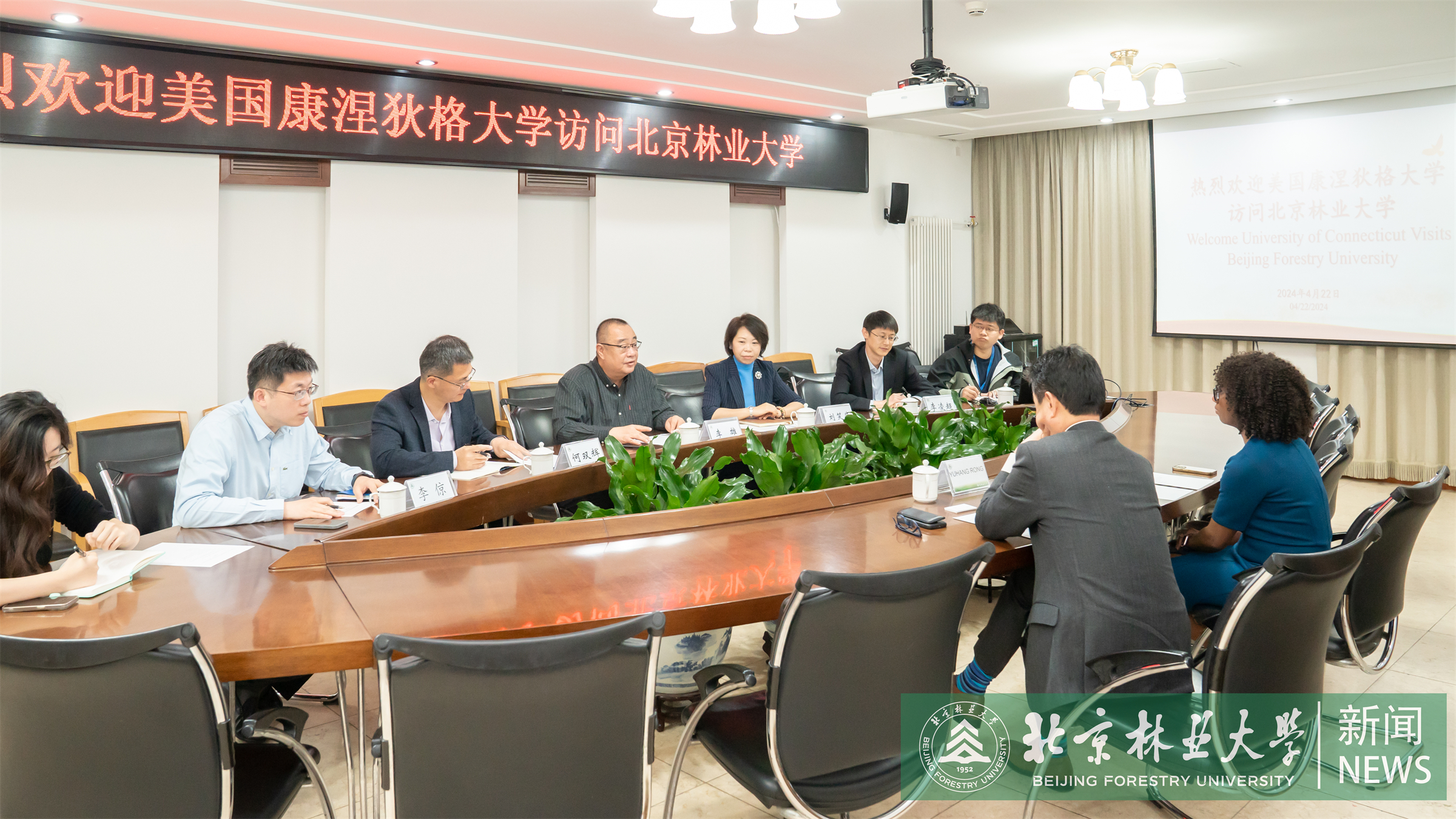Latest news
On April 22, Ngozi Taffe, the Vice Chancellor of the University of Connecticut, accompanied by a colleague, visited BFU. Li Xiong, vice president of BFU, delivered a welcome speech at the meeting. Leaders from the Office for International Relations and the International College attened the meeting which was chaired by the person in charge from the International College.

Li Xiong warmly greeted the visitors and gave an in-depth overview of BFU’s history, academic specialties, talent training, faculty resources, and international partnerships. He expressed his hope that the visit would enhance collaboration between both universities and cultivate broader international cooperation and scholarly exchange between universities in China and the United States.
Ngozi Taffe introduced the University of Connecticut and expressed gratitude for BFSU's warm reception and meticulous arrangements. She highlighted that her visit was geared towards establishing a lasting and robust partnership with BFSU, grounded in exploratory dialogues. Furthermore, she conveyed her eagerness to bolster bilateral cooperation in scientific research, talent cultivation, and other areas, aiming to elevate the international stature of both academic institutions.

After the meeting, Ngozi Taffe and her delegation were given a tour of various facilities, such as the International College, the College of Landscape Architecture, the BFSU History Museum, and the BFSU Museum, where further discussions took place.
The University of Connecticut (UConn), founded in 1881, is a prominent public research university situated in Connecticut, USA. It holds the 9th rank among public universities in the country. UConn is structured into 13 academic units, including the College of Agriculture and Natural Resources, School of Business, School of Dental Medicine, College of Education, School of Engineering, School of Fine Arts, School of Law, and the College of Liberal Arts and Sciences, among others. It currently serves a student body of 23,000, with nearly 7,000 of those pursuing graduate studies.












